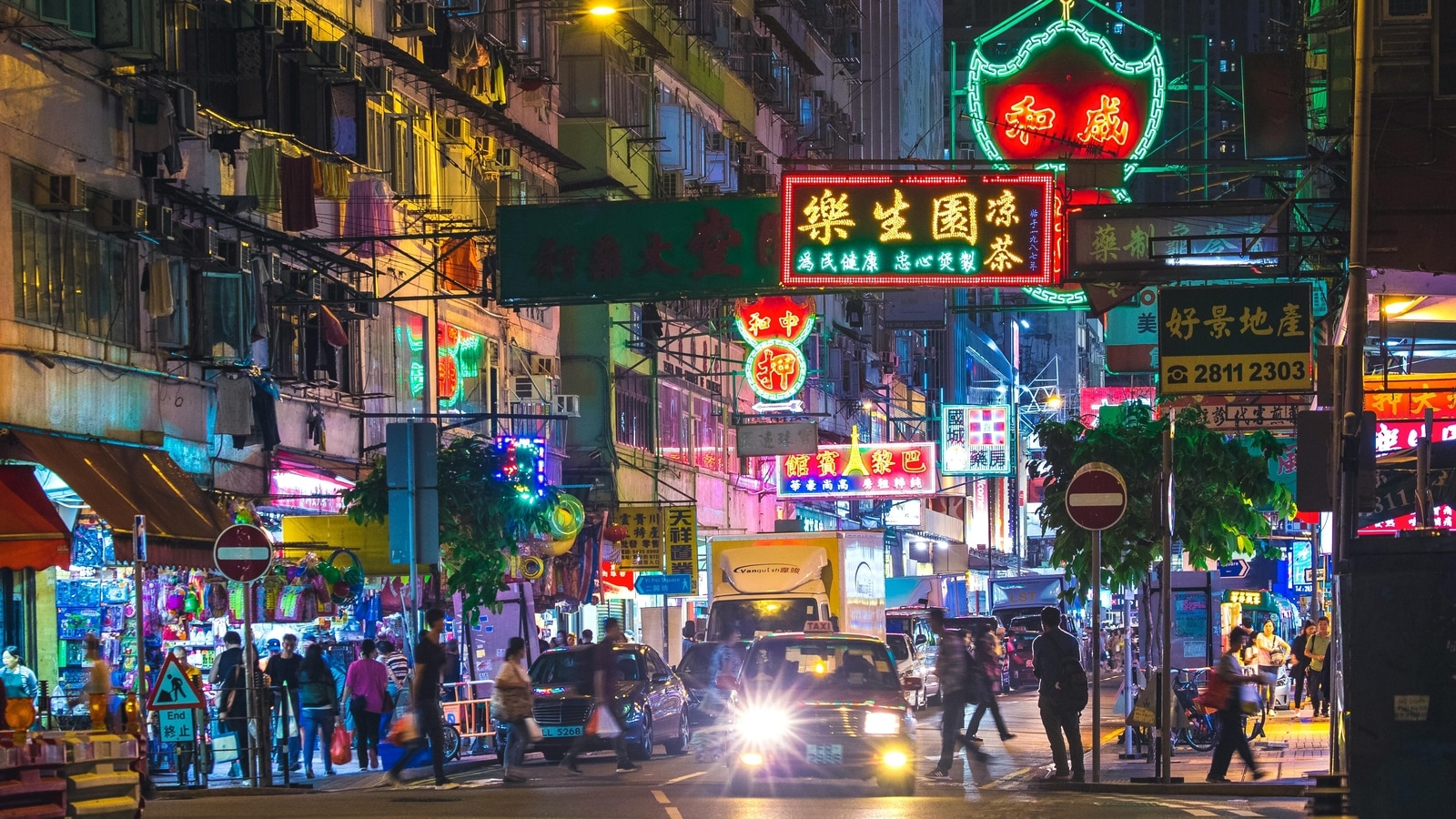Hong Kong will loosen mortgage rules and cut an alcohol tax in a series of measures seeking to support the flagging real estate sector and boost spending, as China’s slowdown weighs on the city’s economy.
Book Overseas Travel Insurance at Affordable Prices
Chief Executive John Lee said he will raise the amount of loans homebuyers are allowed to borrow for some properties and broaden a residency-by-investment program. The city’s leader also announced a drastic cut to a tax on liquor, looking to boost a services sector struggling with declined tourism and weak spending.
“We must maintain our development momentum and self-renewal, and that we must embrace changes while staying principled, innovative and flexible in meeting challenges and opportunities,” Lee said in his annual policy address Wednesday.
Lee set his sights on boosting the economy after cementing Beijing’s authority over the former British colony with a national security law, a move Western governments criticized for muzzling open discussion in the Asia finance hub.
The city’s economy has grown in the first six months within the official forecast range of 2.5% to 3.5% thanks to strong exports, although falling real estate prices and sluggish consumption have weighed on sentiment.
China’s slowdown and geopolitical uncertainties also cast a cloud on Hong Kong’s growth outlook, although the recent stimulus bonanza by Beijing, alongside the US Federal Reserve’s interest-rate cuts, may provide some relief.
A focus of Lee’s speech was the ailing property sector, with home prices hovering near a 2016 low. The Hang Seng Properties Index rose as much as 3%.
A broadened investment migration program will include homes valued at $HK50 million or above as part of the required HK$30 million ($3.86 million) investment. Previously excluded, such property purchases would fulfill a third of that requirement.
The loan-to-value ratio for all homes will be set at 70%, he said. The ratio is presently capped below that threshold for homes above HK$30 million and 60% for those valued above HK$35 million.
A wave of bankruptcies points to eroding business finances. Retail sales and tourist arrivals remain below levels before the pandemic, a period that saw the city’s image take a hit from draconian quarantine measures and a crackdown on the pro-democracy political opposition.
Hong Kong will lower the amount of tax it levies on spirits to help the services and food industry, Lee said. The duty for liquor with an import price above HK$200 will be lowered to 10% from 100%, with the lower rate applicable to the excess amount.
To support the real estate market, Lee’s administration has over the past year removed most home purchase curbs and cut property buying taxes. Prices picked up slightly earlier this year before continuing a decline to the lowest since 2016.
The expanded migration plan, called the Capital Investment Entrant Scheme, was relaunched last year as the semi-autonomous Chinese city sought to attract talent and capital in the face of fierce competition from peers including Singapore.
The initiative includes a mandatory HK$3 million investment into a portfolio run by the Hong Kong Investment Corp. to support local innovation. The plan was expected to bring in HK$120 billion and 4,000 migrants annually, the government said in December.
This story has been published from a wire agency feed without modifications to the text. Only the headline has been changed.
Catch every big hit,… See more
Catch your daily dose of Fashion, Taylor Swift, Health, Festivals, Travel, Relationship, Recipe and all the other Latest Lifestyle News on Hindustan Times Website and APPs.










